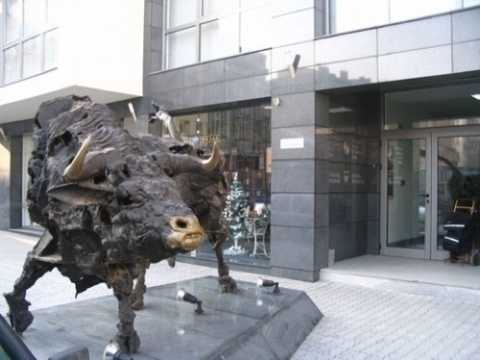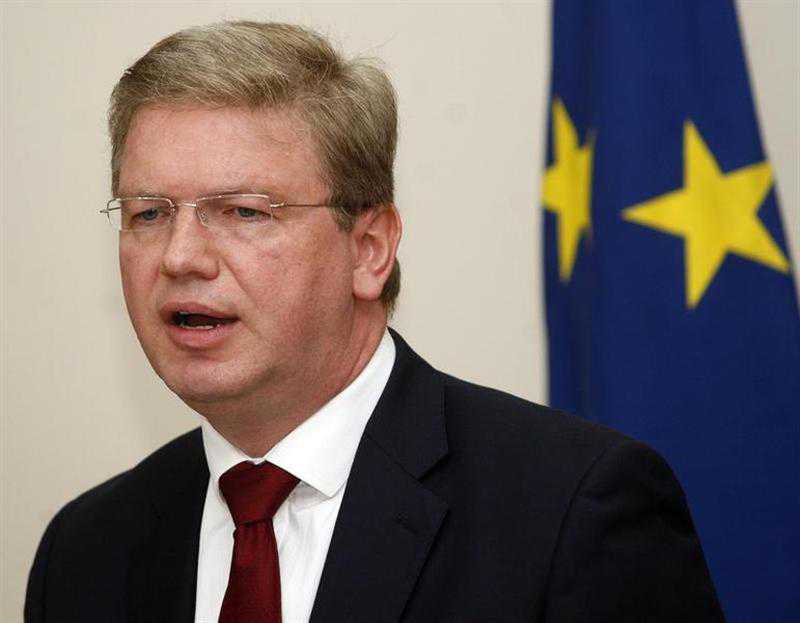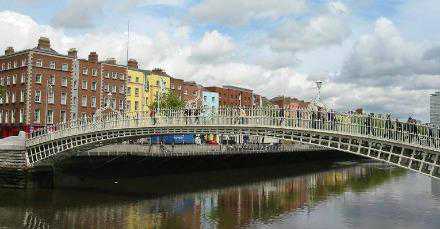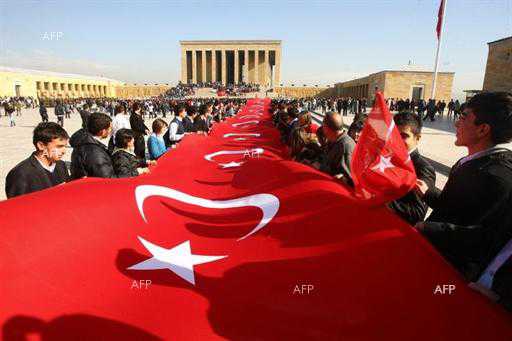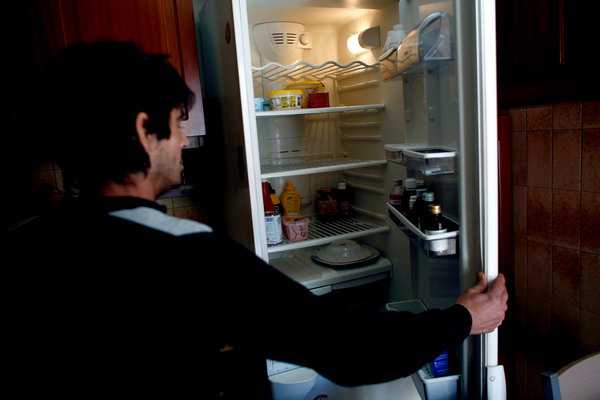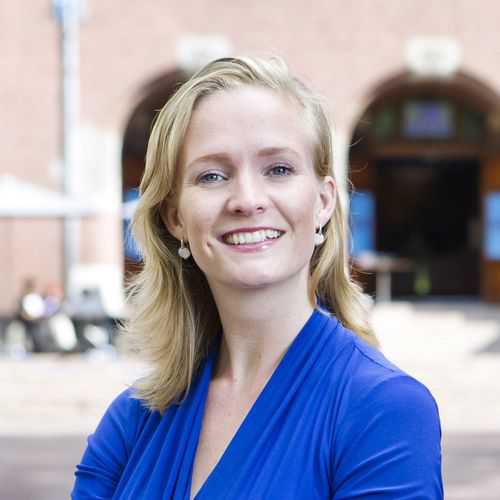Germany’s Deutsche Boerse has decleared its interest in Istanbul’s renewed bourse, which is looking for international partnerships with technlogy providers, market makers and investment funds.
The newly reorganized Borsa Istanbul is looking for strategic partners in three different categories to elevate its reputation amid attention from the German bourse, which has expressed interest in the Turkish bourse’s partnership plans.
“The first of these [categories] will be selected from among the groups that will support our technological infrastructure, enhance our market access and increase our international popularity. The second will be among the market makers that could permanently provide liquidity, and the third will be among large and private investment funds that are acknowledged as opinion leaders in the global markets,” _brahim Turhan, Borsa Istanbul’s chairman and CEO, told daily Hrriyet yesterday, adding that 40.5 percent of the stock exchange would be given to strategic partners in the three categories.
Borsa Istanbul has already attracted attention from Germany following its recent reorganization.
“Turkey has a spectacularly fast-growing economy between Asia and Europe,” Deutsche Boerse Corporate Affairs Deputy President Frank Herkenhoff told Anatolia news agency yesterday.
“That’s why we are closely interested in the efforts [of Turkey] to make Istanbul an international finance center. We are interested in the plans of the Turkish government about this issue,” the Gruppe Deutsche Boerse spokesman said.
Global interest
Herkenhoff said the recent consolidation of the gold and stock exchanges under the single umbrella of Borsa Istanbul was an important step in Istanbul’s attempt to become a financial center, adding that the Deutsche Brse viewed possible strategic partnerships with the Turkish exchange favorably.
“Our Bourse has an understanding to build a successfully strategic partnership with the stock market in Istanbul,” Herkenhoff added.
The Turkish government and Borsa Istanbul have both said their next move will be to form international partnerships.
Some media reports claimed Borsa Istanbul was in talks with information technologies (IT) departments of leading global stock exchanges including the Deutsche Brse, Nasdaq, the London Stock Exchange, the Chicago Mercantile Exchange-CME and The New York Stock Exchange (NYSE) for technology infrastructure equipment partnerships.
After the completion of all required works by the end of 2015, bourse officials plan to offer 49 percent of the entity to the public, Turhan said.
bne/Hurriyet Daily News
